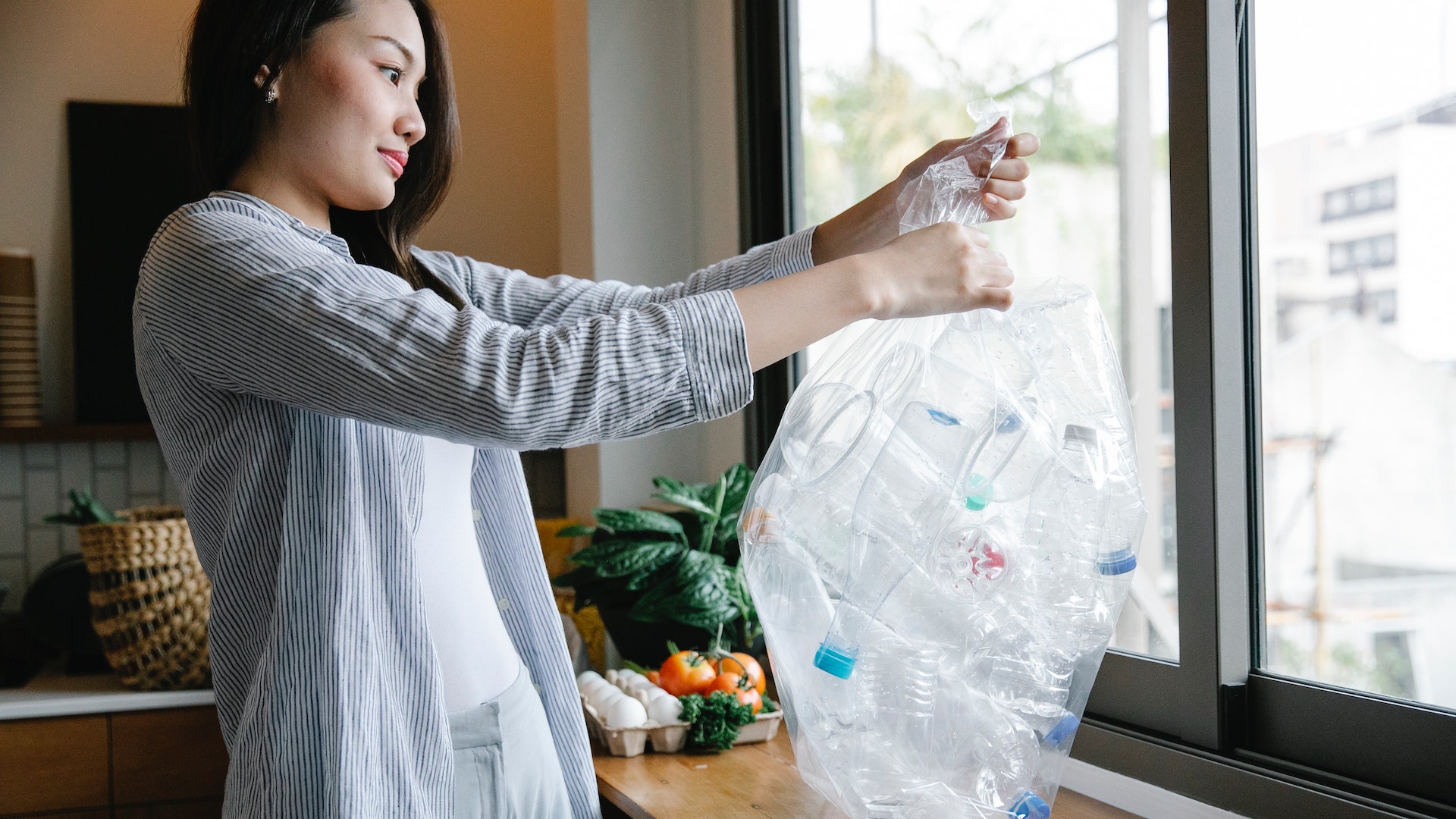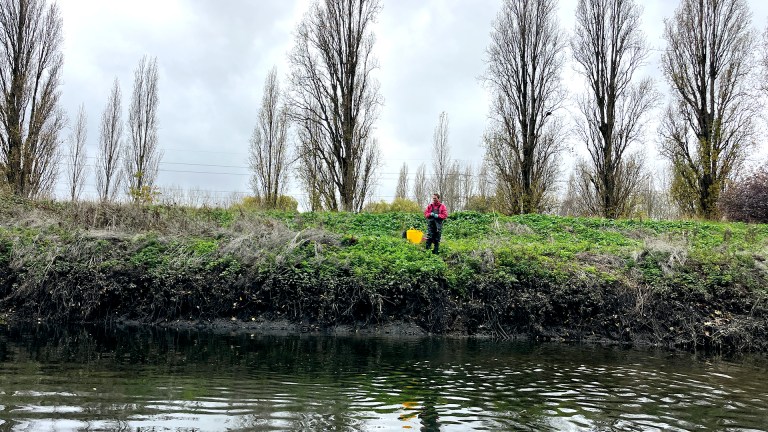Many Brits know the dangers of plastic waste and spend time diligently sorting their recycling, cleaning plastic bottles and food packaging before placing it in the right bins for collection. This Recycle Week – running from September 20 to September 26 – the public is being challenged to increase their commitment to the small steps which benefit the planet, such as disposing of plastic responsibly.
But it comes as campaigners warn the efforts of good-intentioned Brits are going to waste. Greenpeace has reported that less than 10 per cent of everyday plastic waste is recycled in the UK, with some being incinerated, adding toxic chemicals to the atmosphere, or forgotten in landfills.
The rest – nearly 540,000 tonnes – is exported to other countries. Exported plastic must, by law, be recycled or incinerated, but recent investigations revealed much of the UK’s plastic export was being dumped.
Here’s what you need to know about the lifecycle of your plastic waste.
What happens to plastic waste in the UK?
Most recycling produced by households is transported to sorting facilities to be separated into types, by both workers and machines.
They are sorted into polymer types – the different kinds of plastics households goods are made out of – then shredded by type and melted back down into polymer pellets, which are sold to create new products.









